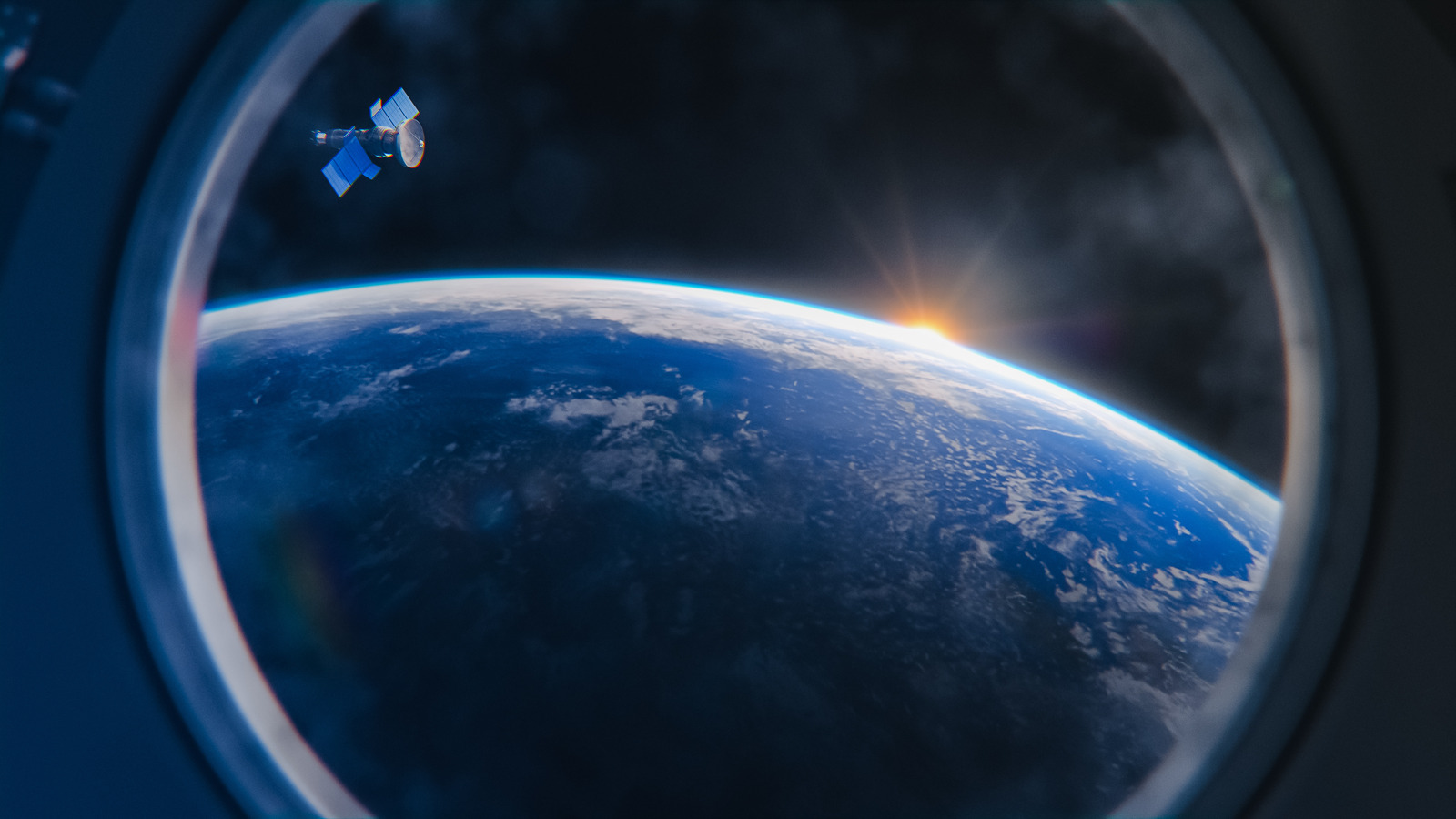On August 18, 1991, conspirators within the Soviet government attempted to overthrow President Mikhail Gorbachev, but their coup failed, and ultimately triggered the total collapse of the USSR at the end of that year. As these dramatic events unfolded, one man watched with horror from over 200 miles above the Earth’s surface. Sergei Krikalev, a Soviet cosmonaut, had been sent as a flight engineer to the Mir space station for a routine five-month mission. He departed Earth on May 18, 1991, exactly three months before his home country began to shatter. The collapse of the Soviet Union left Krikalev a man without a country, and more importantly, without anybody to bring him home.
Over months of radio exchanges, authorities repeatedly told Krikalev there was simply no money to fund his return. An economic crisis had broken out, and the worth of the ruble had plummeted. To make matters worse, the Baikonur Cosmodrome, from where Krikalev’s mission was launched, was now located in a brand new country called Kazakhstan. For the time being, he would have to wait.
Krikalev ultimately spent 311 days in space, double the amount of time his mission was originally supposed to last. During that time, his home country fell into disarray, dissolved, and formed new nations, all of which Krikalev could only learn of from news and radio contact. By overstaying his planned mission length twofold, Krikalev risked severe health complications associated with space travel, but managed to make a full recovery and fly further missions in the future.
The last Soviets
Since being stranded on Mir, Sergei Krikalev has often been referred to as “the last Soviet,” but this isn’t really accurate. Krikalev was not alone during his 311 days in space. He was accompanied for half of the mission by fellow cosmonaut Aleksandr Volkov, but Krikalev is remembered as the last Soviet because he was in charge of radio communications, and was the only person on the craft to regularly make contact with Earth.
Krikalev and Volkov had a number of visitors during their time on Mir as well. During that period, Russia began selling space on Mir to other country’s space programs, including those of Austria and Japan. They flew missions to Mir, dropping off their own crews, but there was a problem. None of them brought a flight engineer who was trained for long-term flight, meaning Krikalev was the only one capable of tending to Mir’s needs. Russia also attempted to strike a deal with Kazakhstan which would replace Krikalev with a Khazak astronaut, but the nascent country didn’t have anyone trained in flight engineering.
Krikalev and Volkov finally made it back to Earth on March 25, 1992, after Russia secured replacements for each of them. In a Q&A with the Guardian in 2015, Krikalev recalled his emotions at the moment he landed, saying that he felt “satisfaction that I had done my job and done it well” as well as “a sort of relief as I had held a huge responsibility for many months”.
How 10 months in space changed Sergei Krikalev
When Sergei Krikalev first learned that his home country was collapsing and his mission aboard the Mir space station would take much longer than he originally planned for, he had immediate worries about his health. There are numerous health complications associated with astronauts who spend long periods off Earth. Space travel affects your heart, increasing rates of heart disease in astronauts, and microgravity can damage astronauts’ bones and muscles. Krikalev recalled in his Guardian Q&A the months of recovery required after long-term spaceflight, but also reported full recovery. Anyone who doubted his condition after his prolonged mission was proven wrong when Krikalev returned to space two years later, and again in 2000 as a member of the International Space Station’s Expedition 1.
During his 10-month period aboard Mir, Krikalev completed 5,000 rotations around the planet Earth, and this had a very, very strange effect on him. The theory of relativity, one of Albert Einstein’s major breakthroughs, recognizes that time is subjective. The passage of time slows the faster you are moving, so an astronaut’s internal clock ticks at a slightly slower pace than a clock back on Earth. The mind-bending effect of this phenomenon is that, when Krikalev arrived back on Earth, he had become 0.02 seconds younger than everyone else born at the time as him.

